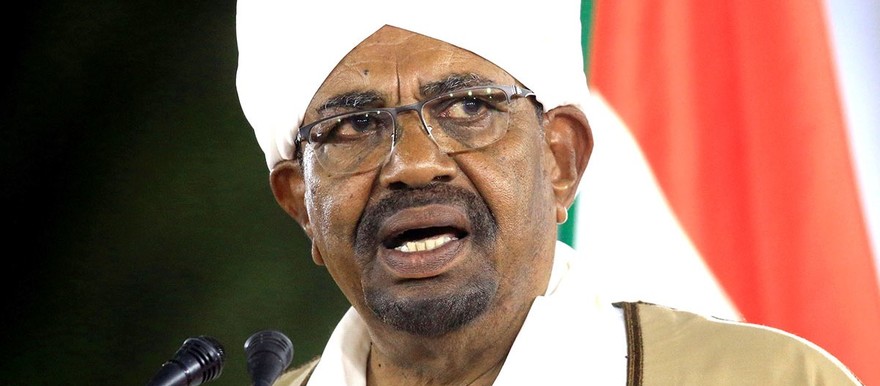Sudan’s parliament on Monday approved a state of emergency in the country, but shortened an initial proposal to six months.
On 22 February, President Omar Bashir imposed a one-year state of emergency across the country in a bid to quell nationwide protests calling for him to step down.
According to Alshrooq TV, a parliamentary committee set up to study the decree issued by Bashir recommended that the state of emergency be shortened to six months instead of one year as initially ordered by President Bashir.
Ahmed al-Tijani, head of the parliamentary committee formed to look into the presidential decree, confirmed that a six-month state of emergency has been approved by a majority.
Al-Bashir also dissolved the central government and replaced all state governors with senior military officials. He banned unauthorized protests and public gatherings across the country.
Several lawmakers had objected to the state of emergency on the grounds that it would curtail fundamental freedoms in the country.
The state of emergency gives security forces excessive powers to search buildings, restrict movement of people and arrest suspects and seize assets or property during investigations and trials.
Deadly anti-government demonstrations erupted on 19 December 2018 after a government decision to triple the price of bread, but later turned to calls for Bashir to step down.
Authorities say 31 people have died in the protests so far, while rights groups put the death toll at 51.




